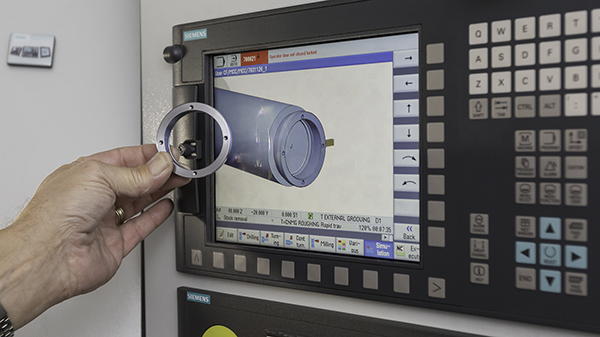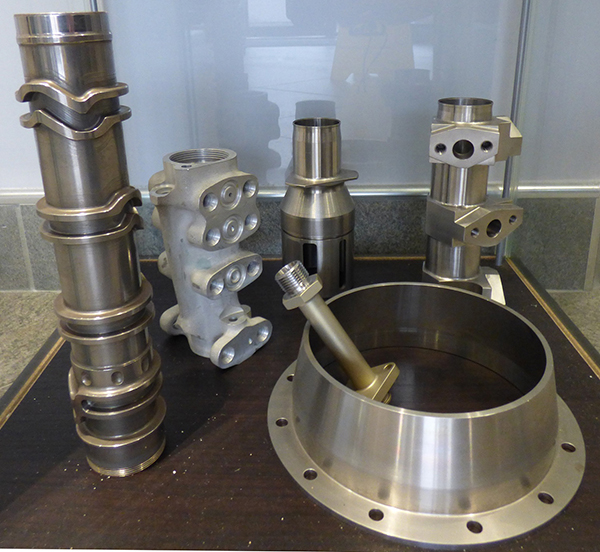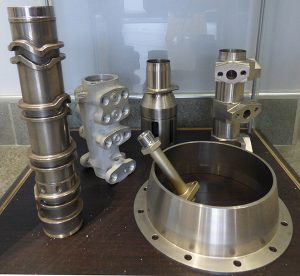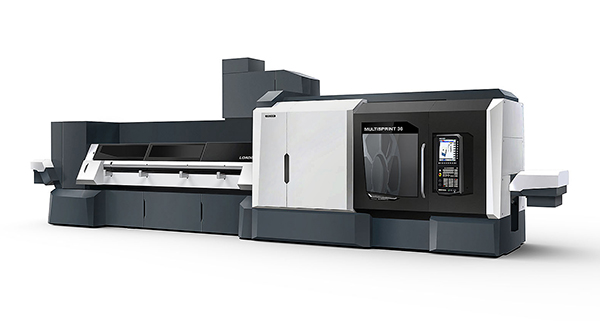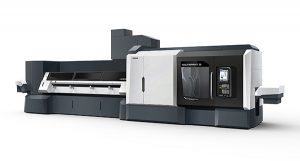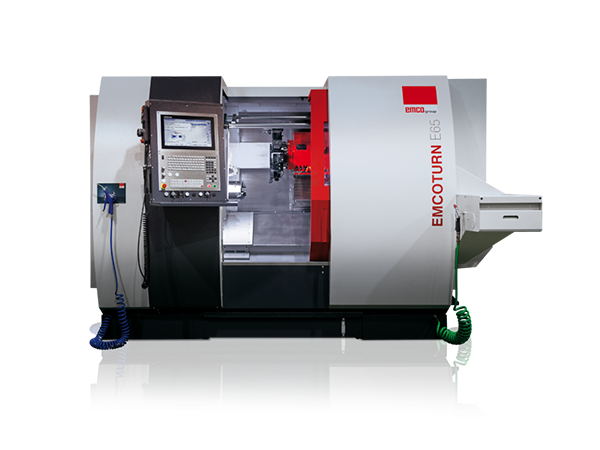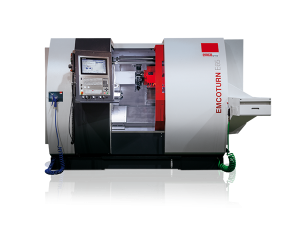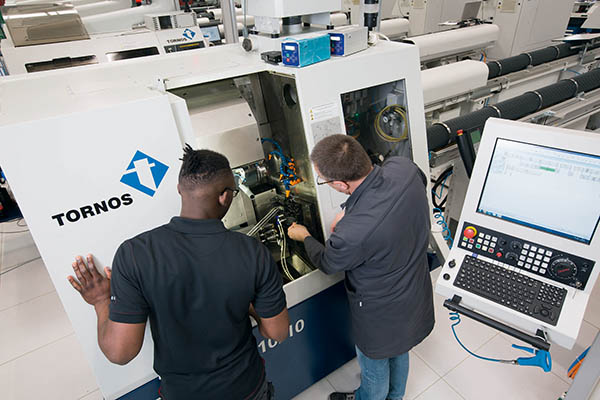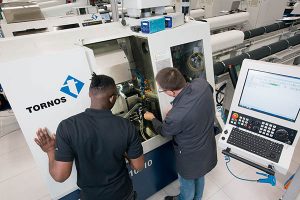With an increasing volume of work, MCC Industries Ltd, along with its sister company Automotive Accessories Ltd, recognised the need for additional turning and milling capacity. As a consequence of limited space at their Southampton premises, managing director Mark Cox decided a mill-turn machine would be the obvious answer. In selecting the right machine, he laid out some key requirements: it had to be operator friendly, easy to set up and robust enough to maximise the capabilities of the latest cutting-tool technologies on a range of materials that included stainless steel.
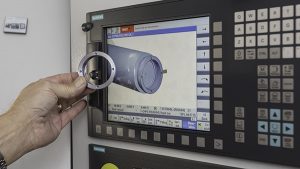
After meeting all of Cox’s criteria, the machine chosen to see MCC Industries enter the mill-turn arena, was the XYZ Compact Turn 65 LTY. The machine’s ease of use and its Siemens 828D ShopTurn control overcame one of the company’s main issues: the availability of skilled people.
“Skilled people can command too high a salary and often have some poorly conceived ideas on the best way to do things,” says Cox. “This isn’t always the best route for companies like ours, so we invest heavily in training people. To bridge any skills shortage, we need machines that are easy to set-up, without compromising the capability to do exactly what we need.”
The XYZ Compact Turn 65 LTY came out on top for a number of reasons; it has 65 mm through-spindle capacity coupled with live tooling, and 70 mm Y-axis travel. These features will enable production cycles to be maximised, allowing complex components to be manufactured on one machine in a single operation.
“Previously we would have to turn and then mill the parts on separate machines, whereas now they are coming off complete in a single operation, releasing milling capacities on other machines,” says Cox.
For further information www.xyzmachinetools.com







